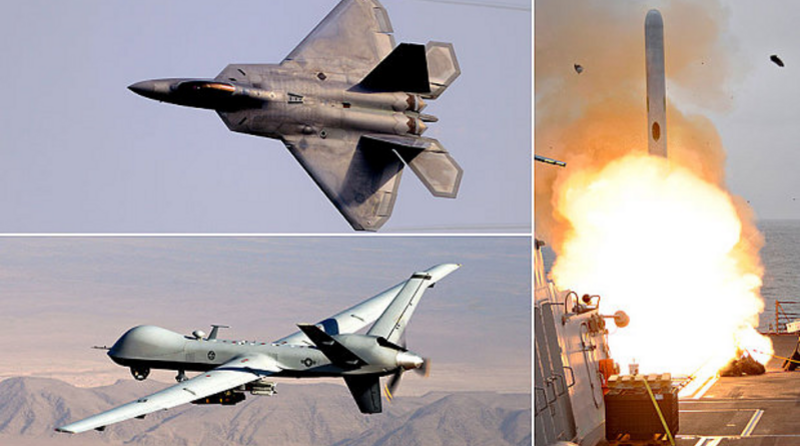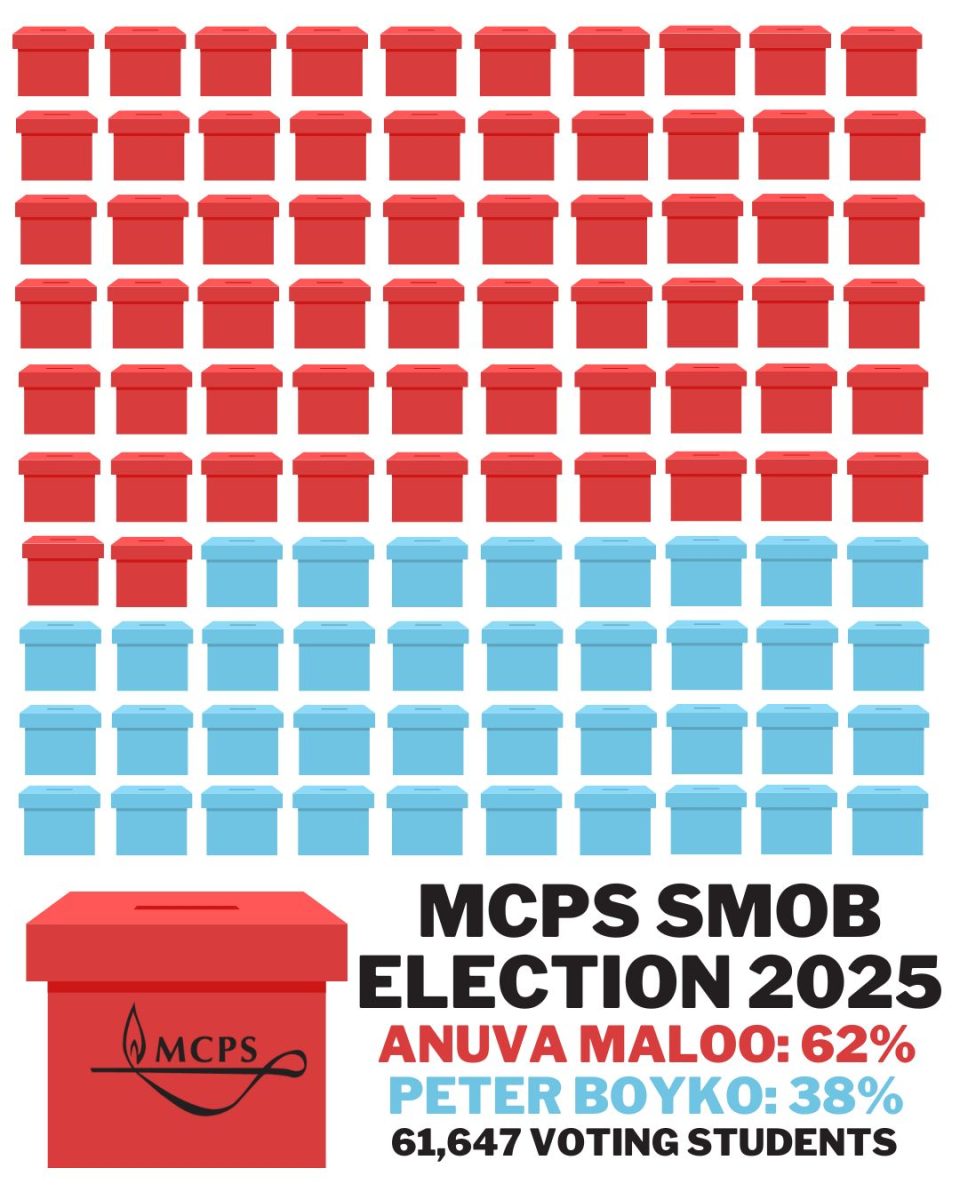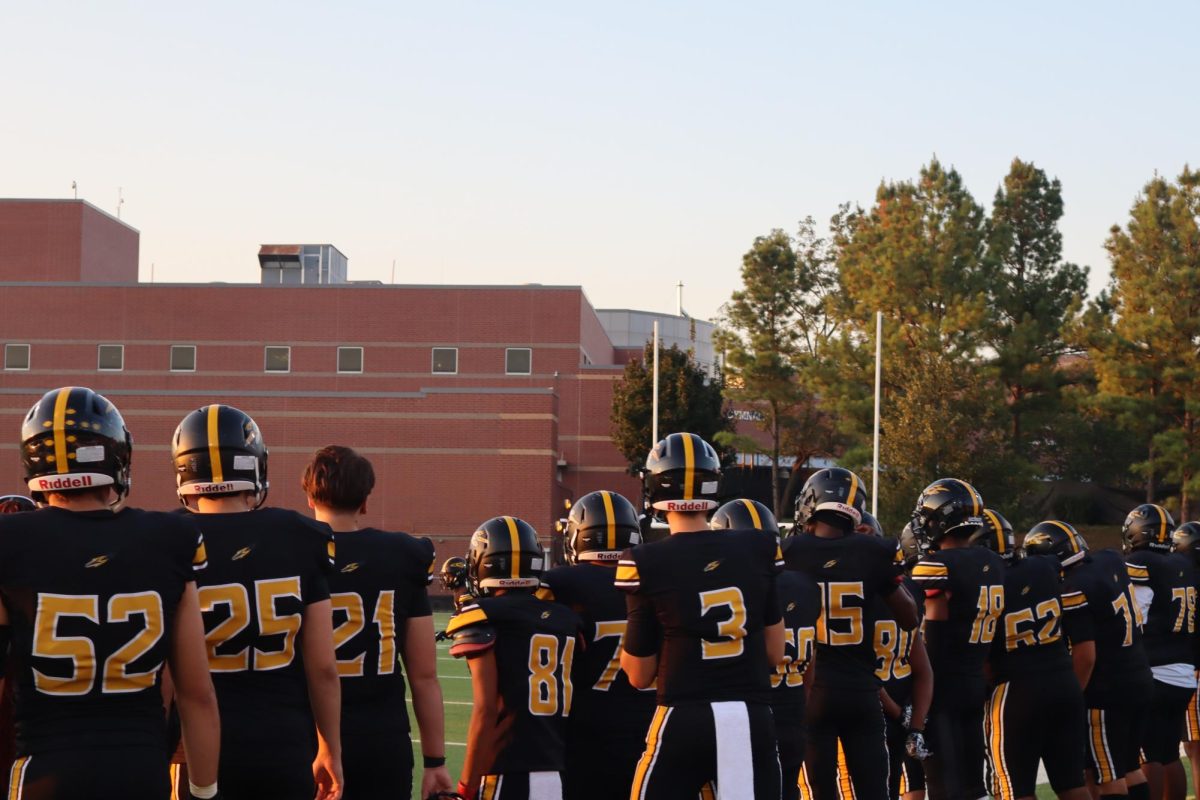On April 13, the United States, alongside France and the United Kingdom, launched missile strikes on to Syria chemical centers. The attacks have increased tensions between the United States and both Syria and Russia.
According to the Irish Times, 105 missiles were launched in response to a suspected poisonous gas attack in Douma, Syria by the Syrian government. The missiles targeted chemical weapon facilities, including a research facility in Damascus, Syria.
According to the Guardian, Russia has been an ally to Syria for decades, providing defense systems and aiding in launching airstrikes towards rebels of the country. Thus, due to the recent airstrikes, the United States has angered both the Syrian government and Russia.
According to BBC News, for the last four and a half years, Syria has been engaged in a civil war between supporters of President Bashar al-Assad’s government and rebels. According to United Nation reports, more than 250,000 citizens have been killed since the initial protests that started the civil war. In August 2013, chemical rockets launches took hundreds of lives in the suburbs of Damascus and led to the Organization for the Prohibition of Chemical Weapons (OPCW).
Yet, there has still been evidence of dangerous chemicals within the country. According to BBC News, investigators found the constant use of chlorine against the rebel forces during April and July of 2014. In August 2015, a blister agent was used to in an attack against a northern town that ended up killing a baby.
With the past events in mind, the Pentagon believed that another hazardous chemical gas attack was going to take place. Despite a divided Congress, the President Trump’s administration pushed for the missiles to be launched.
The United States, United Kingdom and France claimed that the strikes were a collective effort to limit Syria’s arsenal, which experts, according to BBC News, believe may contain the blister agent of sulfur mustard and the hazardous nerve agent VX. They claimed that they never intended to disrupt the authority of the President al-Assad or intervene in the ongoing civil war. However, according to the Irish Times, President al-Assad saw the missiles as “an act of aggression”.
Not only have the air attacks angered Syria and Russia, who provided defense systems for Syria, but the issue also begs the question of what lines have been crossed and what global citizens will be facing.
For the students of Richard Montgomery, many feel as if their safety has been threatened. Freshman Sarah Molot said, “I’ve felt that way since Trump was elected.”
This could be seen in what students anticipated would come out of this event. “World War III, or nuclear annihilation,” Molot said.
While many students believe that the threat had been neutralised, they also believe that a better course of action could have been taken. “Yes, the poison attack was suspected, [but] not confirmed. So, why did they need to nuke Syria,” freshman Kathleen Li said.
Junior Milena Kosh agreed and said, “They could have made more suggestions for keeping the peace. We can’t have peace when there are wars.”
Featured photo courtesy of The Telegraph

















